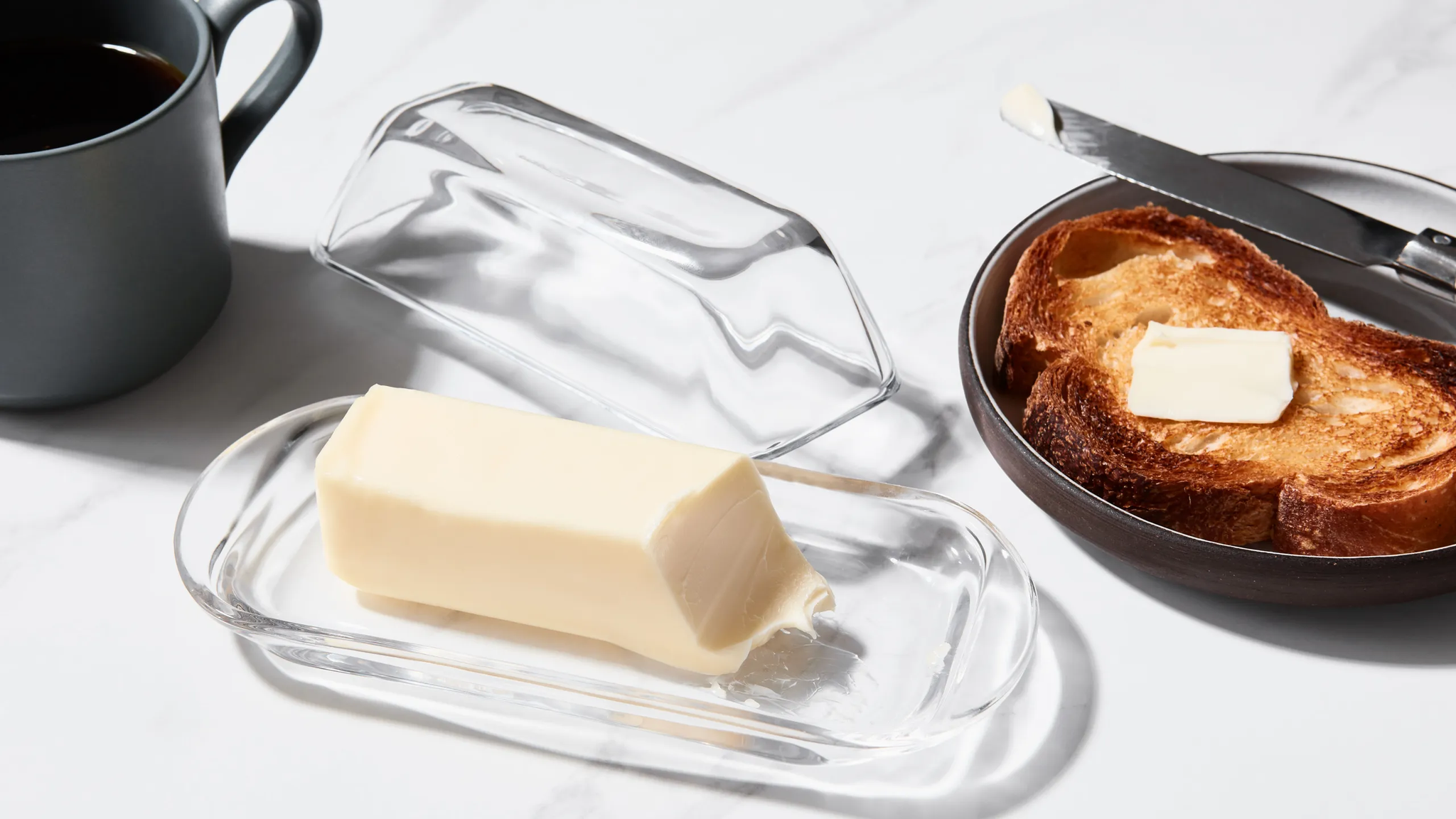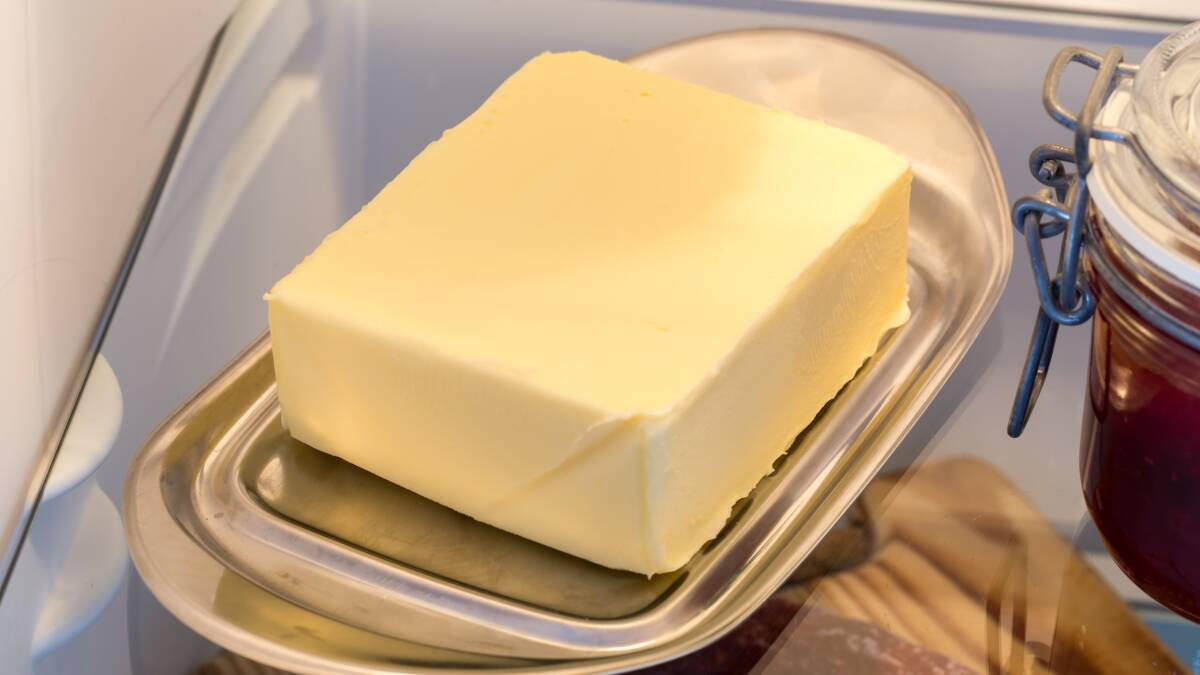The debate over whether butter belongs on the counter or in the fridge is a familiar one in many homes. Some, like your husband, believe it’s perfectly fine to leave butter out because “that’s how it’s always been done.”
On the other hand, some worry about the health implications of keeping dairy at room temperature. This article breaks down both approaches to help you decide what works best for your kitchen.
What’s in Butter, Anyway?
Butter is mainly made up of fat, with a small amount of water and milk solids. This high fat content is what gives butter its smooth texture and rich flavor. But it also plays a key role in how butter should be stored—fat affects how quickly it can spoil and how stable it remains outside the fridge.
The Way It Was Done Before Refrigeration
Before we had refrigerators, people often kept butter at room temperature. They used practical tools like butter crocks or bells, which created an airtight seal using water. These storage methods were clever adaptations to the technology and needs of their time.

The Science of Butter Storage
Because of its high fat content and low moisture, butter doesn’t attract bacteria as easily as other dairy products. Still, it can go bad if left out too long—exposure to air and light can cause oxidation, and mold can grow in the right conditions. How hot or humid your kitchen is also makes a difference in how quickly butter can spoil.
What Could Go Wrong if You Leave It Out
While the chances of butter making you sick from sitting out are low, they’re not zero. It can still grow mold or turn rancid, which impacts both the flavor and safety. Contamination is also a risk if it’s not stored properly.
Why the Fridge Makes Sense
Putting butter in the refrigerator slows down spoilage, extending its shelf life. It also protects against bacteria and mold, helping maintain its taste and nutrients over time.
Cultural Habits and Climate Influence Storage Choices
In some parts of the world, leaving butter out is normal. In cooler regions, room temperature might be cool enough to keep butter fresh. But in warmer climates, refrigeration becomes a more necessary step to avoid spoilage.

What the Experts Say
Food safety experts typically recommend keeping butter in the fridge. Still, they say it’s okay to leave a small amount out for easier spreading—just use it within a few days and keep it covered to shield it from air and germs.
Smart Ways to Keep Butter on the Counter
If spreading ease is important to you, use a butter bell or crock. These help keep the butter safe from bacteria and air. Only leave out what you’ll use in a few days, and store the rest in the fridge to refill as needed.
Conclusion: It’s About Balance
In the end, where you keep your butter comes down to how you use it and what you’re comfortable with. Understanding the benefits and risks of each method helps you make the best choice for your household. Whether you opt for convenience or caution, storing butter properly means it stays tasty and safe longer.





